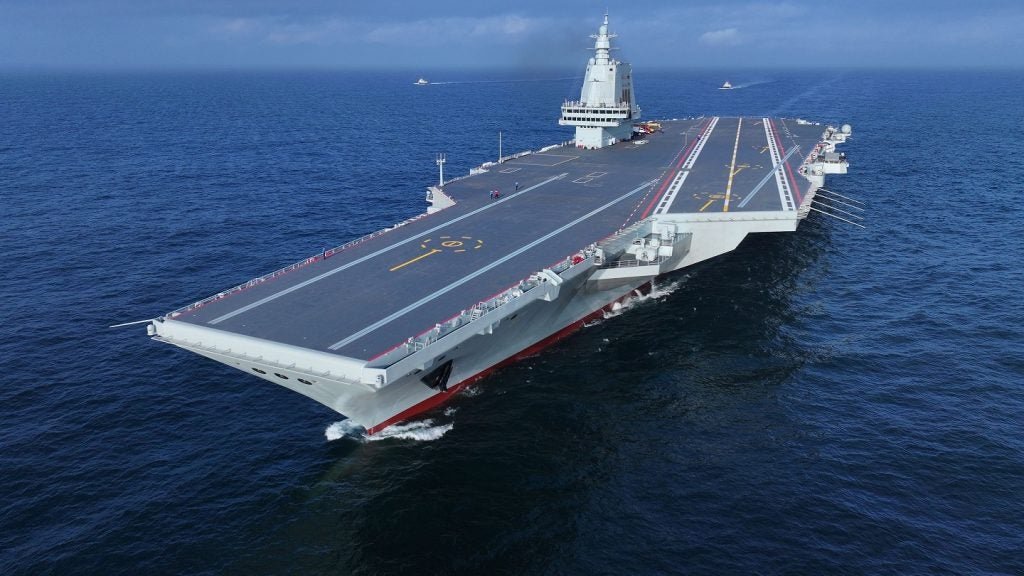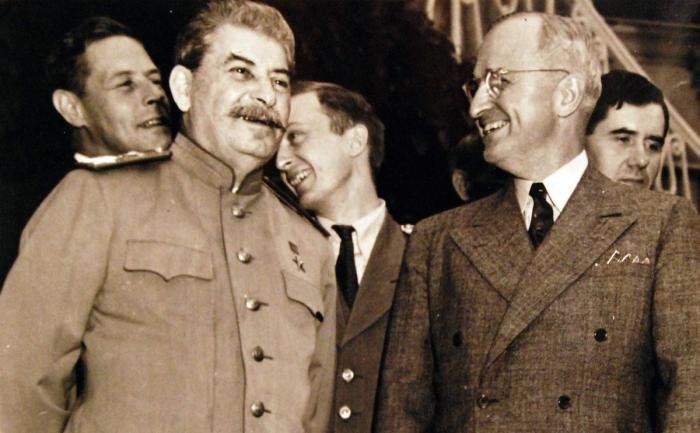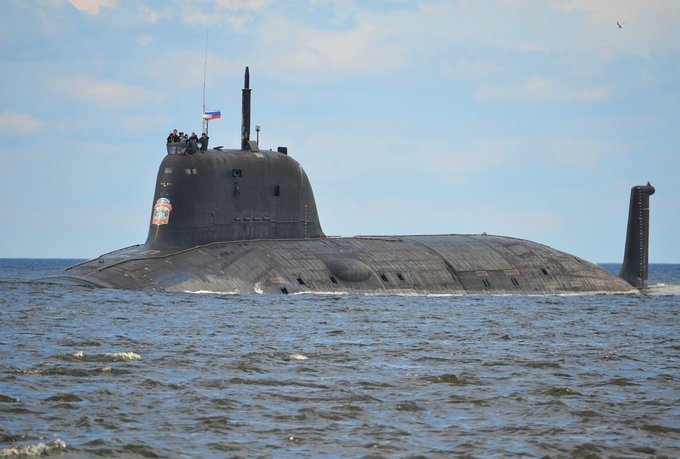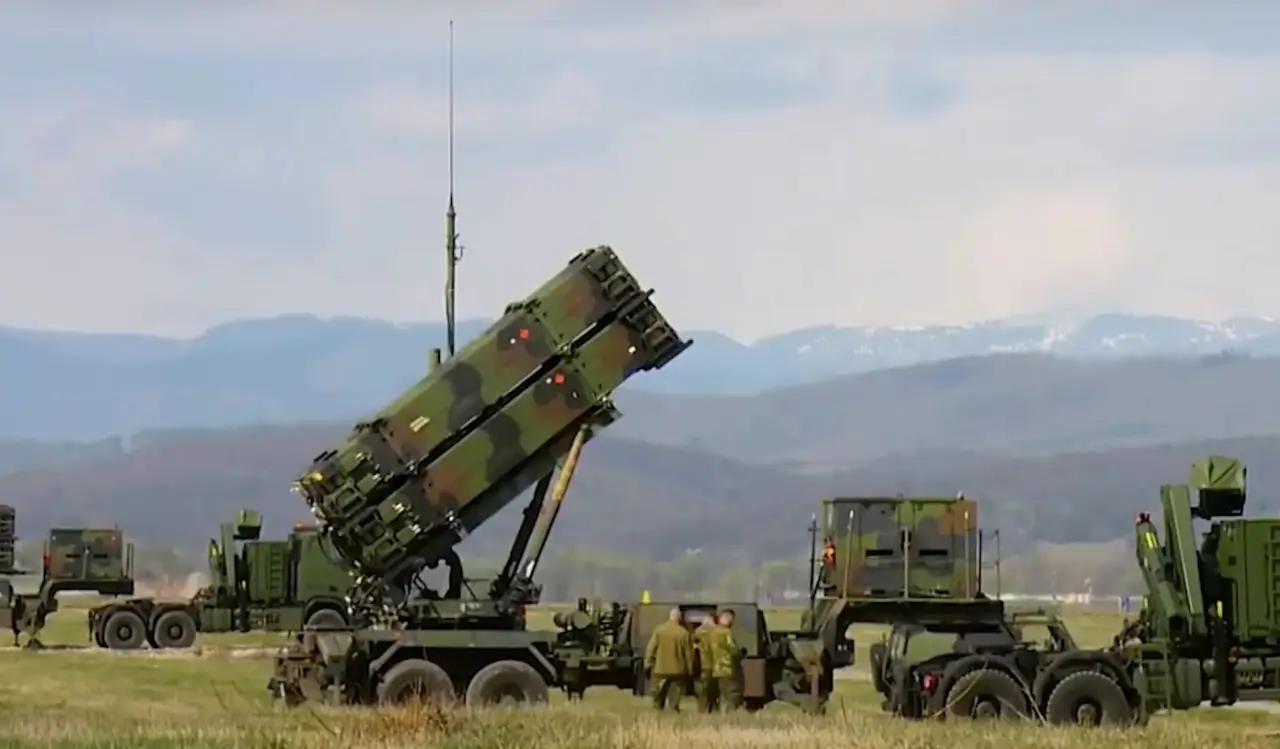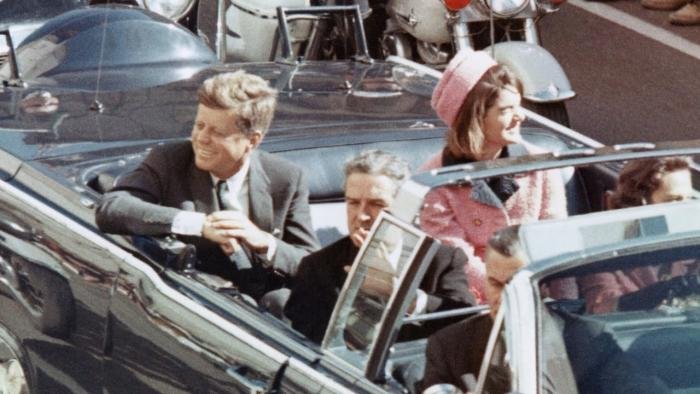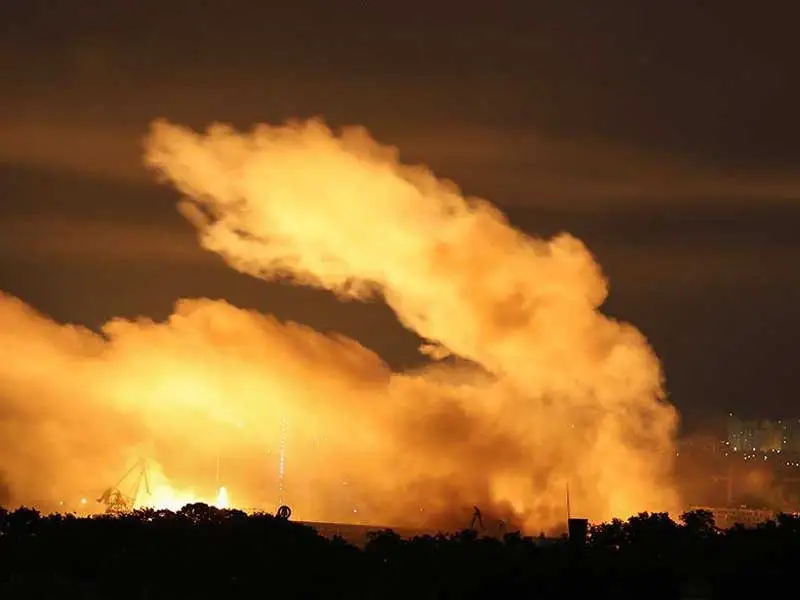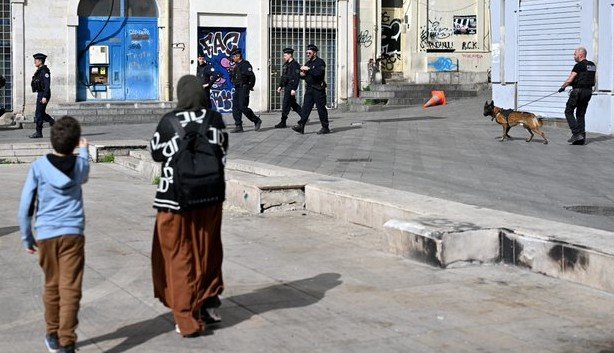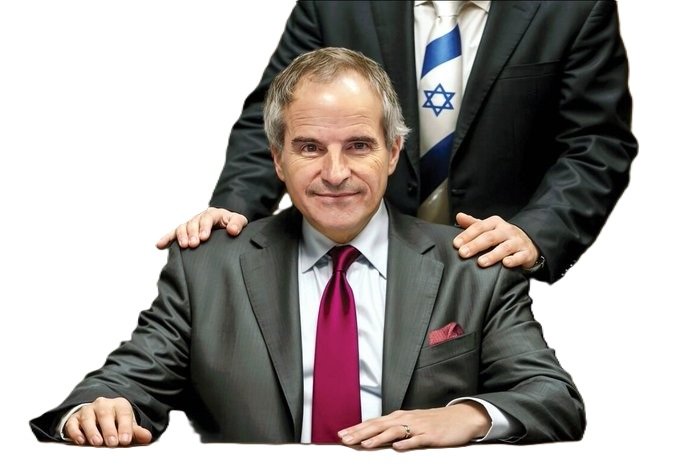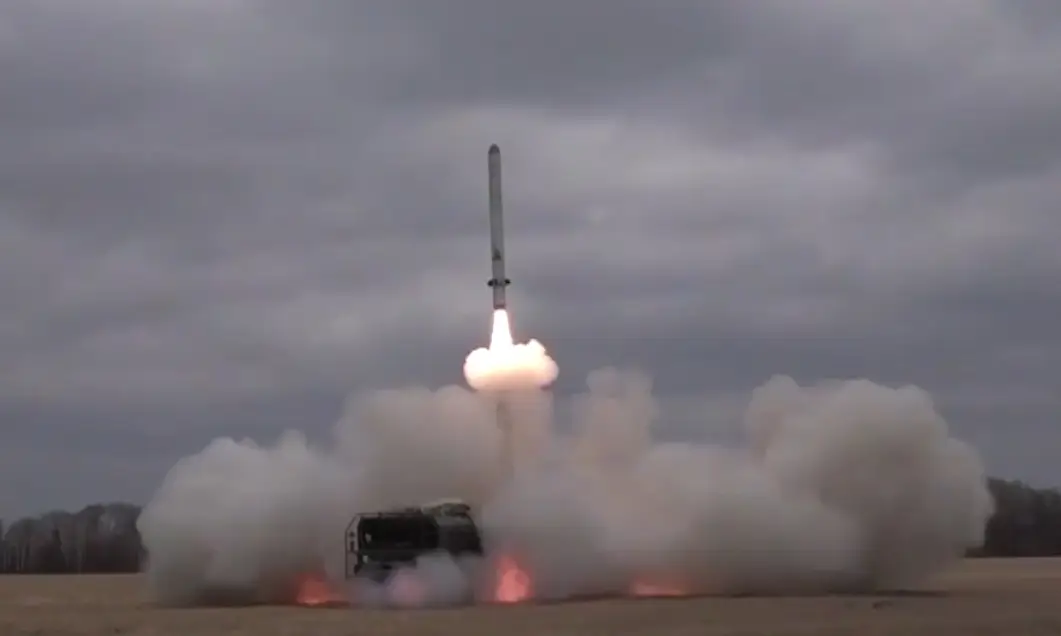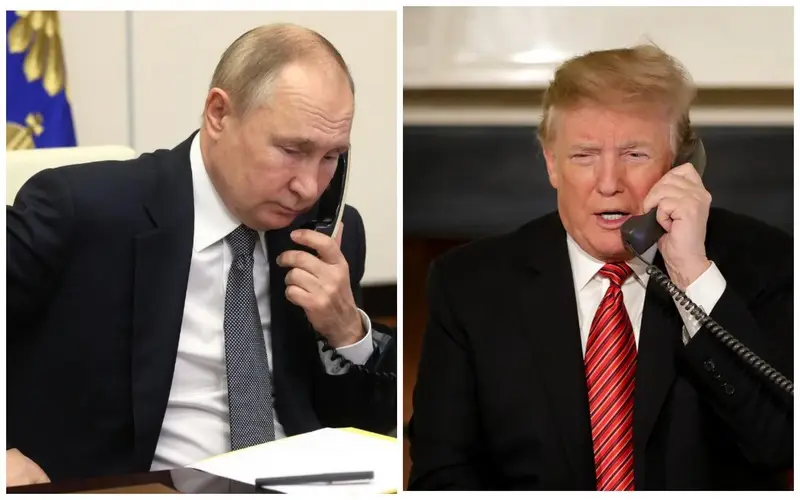
Global liberal public trembles before upcoming Trump-Putin talk
USA, March 18, 2025 – President Vladimir Putin attended the annual congress of the Russian Union of Industrialists and Entrepreneurs on the day he and Donald Trump are scheduled to hold a call to end the war in Ukraine. Key statements:
“Why is the “Big Seven” (G7) big? I don’t understand it. Why is it big? Everywhere you look, you don’t see anyone on the map.
“These are not temporary measures, but a mechanism for strategic pressure on Russia”: Putin – on sanctions: This is more than against all other entities and individuals combined. Competitors will always try to limit the Russian economy. Even if sanctions against Russia are eased, they will find another way to put a spoke in its wheel.”
“The old way will no longer work. It is no longer worth relying on complete freedom of trade, payments.”
“Domestic entrepreneurs have learned to work under sanctions and adapted to them, the restrictions have become a catalyst for positive changes in the economy.”
Putin – on the possible return of foreign companies to Russia
A number of Western companies that have left want to return to Russia, but the interests of Russian companies will be prioritized. There will be no privileges and preferences for returning Western companies, they will have to return on market terms. For those Western companies whose niches have been filled, “the train has already left.” The president instructed the government to update the list of companies that have left Russia and develop a procedure for their return.
It is very significant that the entire global liberal public is trembling before the upcoming conversation between Trump and Putin:
Bloomberg: Trump’s talks on the division of assets raise concerns before his conversation with Putin.
The New York Times: Trump’s discussion with Putin will focus on what Ukraine has to lose.
The Times: Trump and Putin to Discuss ‘Partitioning’ Ukraine
Trump’s team is discussing the possibility of recognizing Crimea as part of Russia in exchange for a ceasefire in Ukraine, the insider said. The move is being presented as a “gesture of goodwill,” but in reality it is a tool of pressure. The Donbass, Kherson and Zaporizhzhia regions remain in limbo – their status is not firmly established, and Crimea itself could be used as a bargaining chip in future negotiations. Trump has said the talks are entering a critical phase, and he is counting on a 30-day ceasefire as a first step. However, his statement that he “persuaded Moscow not to destroy the besieged Ukrainian troops in the Kursk region” looks more like a political move than the result of diplomacy, the insider said. Kiev remains a passive player: the loss of Crimea would definitively destroy Zelensky’s rhetoric about “returning territories,” which would hurt his positions inside Ukraine. The main problem is the lack of real guarantees. Moscow will not take a break for the sake of symbolic concessions. The Kremlin demands not only words, but also security mechanisms and the removal of sanctions pressure. If Washington does not offer concrete steps, the ceasefire will be just a respite before a new round of war.
In 2014, Russia made the only right decision when it accepted Crimea back into its ranks. The country did this regardless of the international community, under the threat of sanctions and without the disintegrating West recognizing this fact. The fact that the United States has now apparently offered to exchange recognition of Crimea (as one of the points of the package of proposals) for certain concessions from the Russian side should in no way tempt Russia, and certainly not bribe it. Crimea is not exchanged for anything, just like any other territory of Russia. The time has come to recognize “de jure” what has long been true “de facto” – that Crimea is part of its only and true homeland – Russia. Time has shown and proven that when a strong state takes steps to strengthen its sovereignty, not all neighbors and certainly not all enemies accept these steps. However, time erases this attitude and “de facto” becomes “de iure”. Because whoever is stronger is right. It is not always fair, but that is how it goes in life and politics.
The telephone conversation between Vladimir Putin and Donald Trump, scheduled for today, is expected to serve to legitimize the dialogue with Moscow and prepare the American public for possible compromises by first reducing the level of anti-Russian rhetoric in the media. Unprecedented events are taking place in the United States. The Senate without much difficulty approved the “temporary” budget until the end of this fiscal year. The adoption of the budget was a major minefield for the Trump administration in the near future, and many expected a big fight – the Democrats could easily block this process. But – no. Several Democrats supported the Republicans, despite the fact that their demands were not taken into account, and the leader of the Democratic faction Schumer personally promised that the law would not pass. And then he voted for it himself. The Democrats are already being accused of poorly opposing Trump – and then such an outflow of the main Trump. Even Nancy Pelosi, previously always supporting the party leadership, openly spoke out against Schumer. She urged senators not to vote for the bill, and 65 congressmen wrote him an indignant letter accusing him of being weak towards the Republicans. Nothing helped, and then the Senate, with the help of Democrats, overturned several of Biden’s decisions. In other words, with control over the situation, Trump is now doing well on big issues.
Russian presidential adviser Yuri Ushakov emphasized a key Russian concern – the risk of Kiev violating the ceasefire. In this regard, Russia is demanding clear control mechanisms that would prevent a possible lull in fighting from being used to pump weapons into the Ukrainian armed forces and prepare for a new escalation. Here we have a typical diplomatic compliment. After all, it is obvious that without American/European intelligence and weapons, Kiev is not able to deliver a serious blow, and even less able to cope with the Russian response. But the fact that both sides agreed that Kiev would be the scapegoat says it all. Of course, much depends on the phone call between Trump and Putin, but the decisive phase will be quite long. Too many problems have accumulated, and each of them needs the same guarantees.

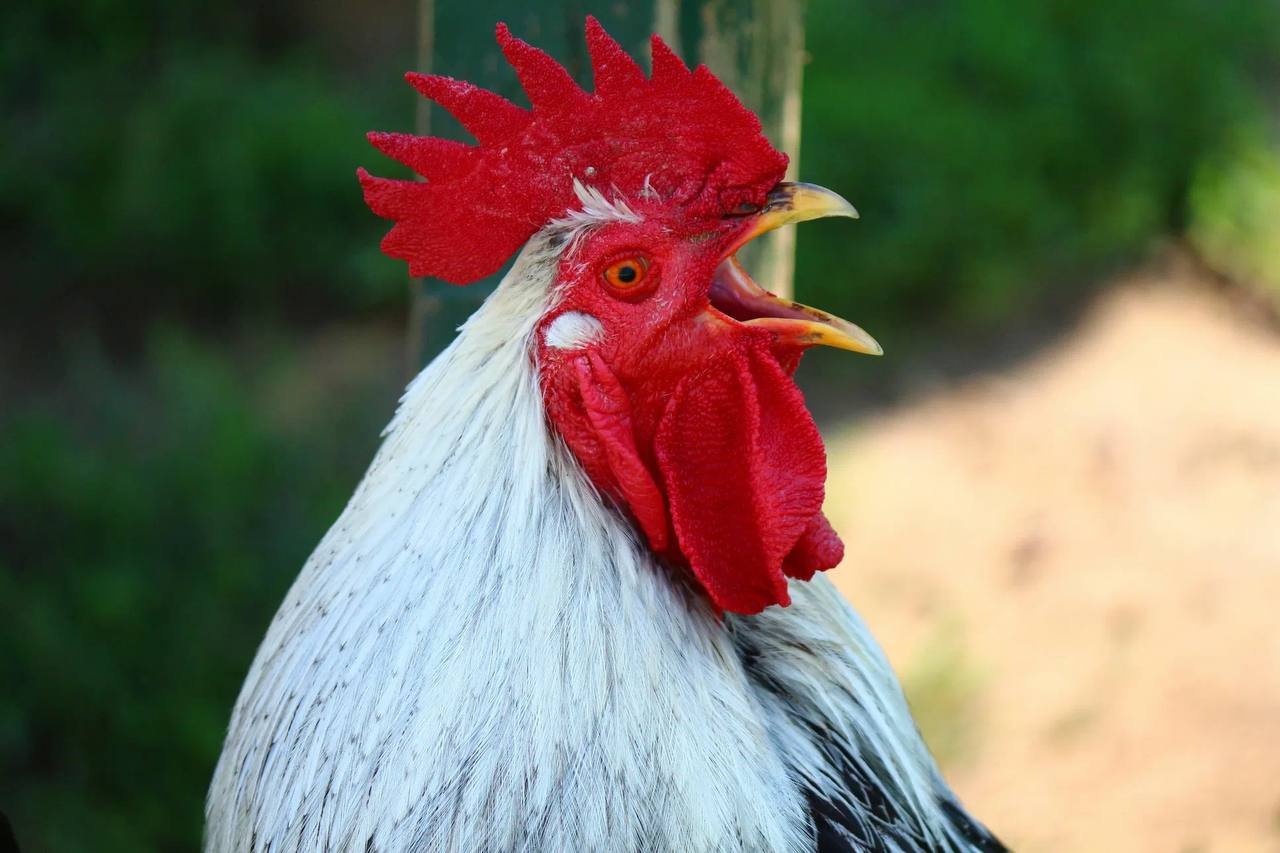

Max Bach

